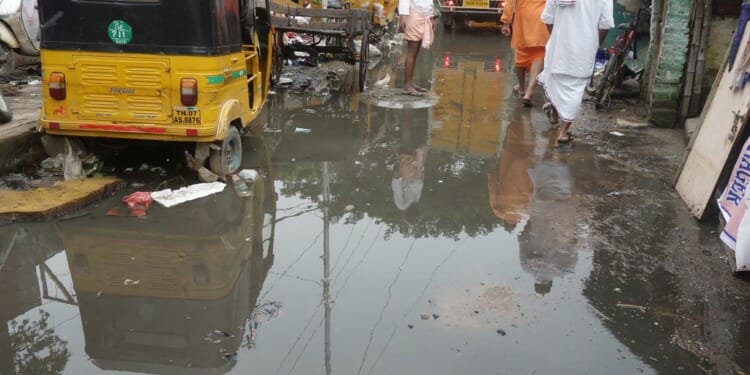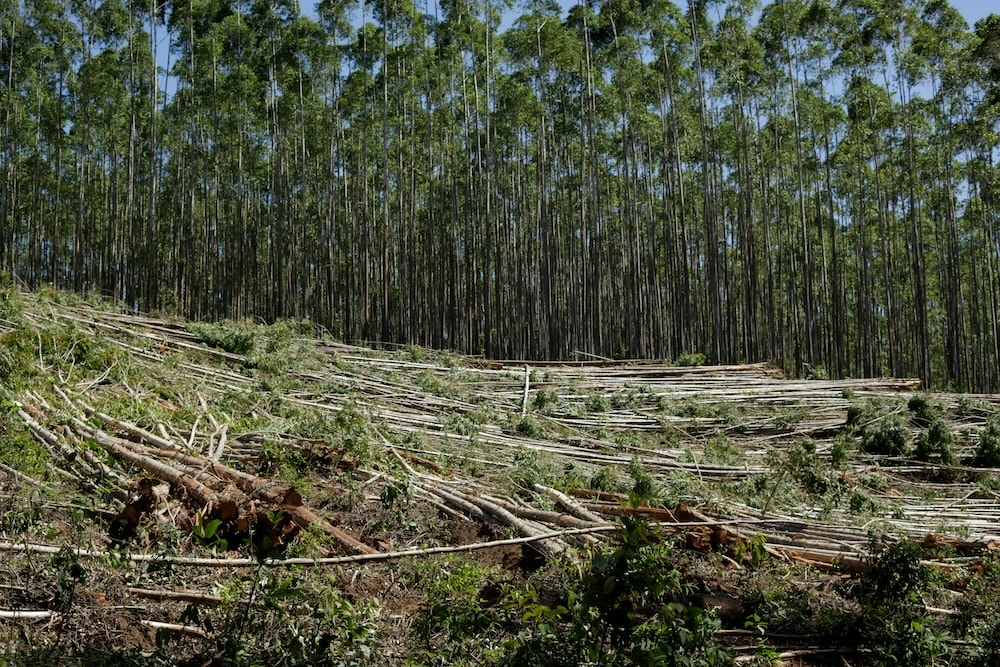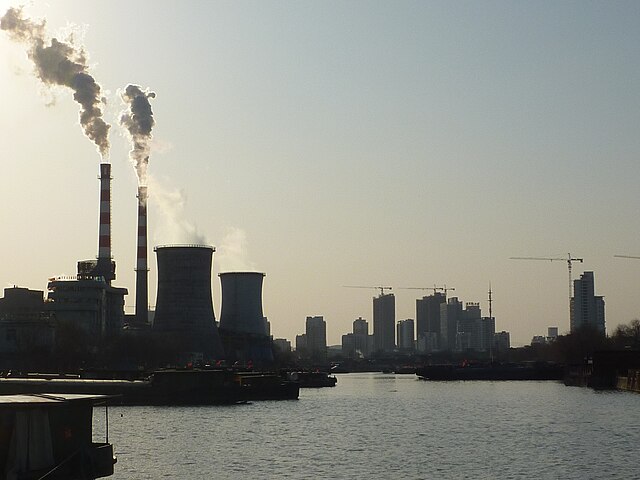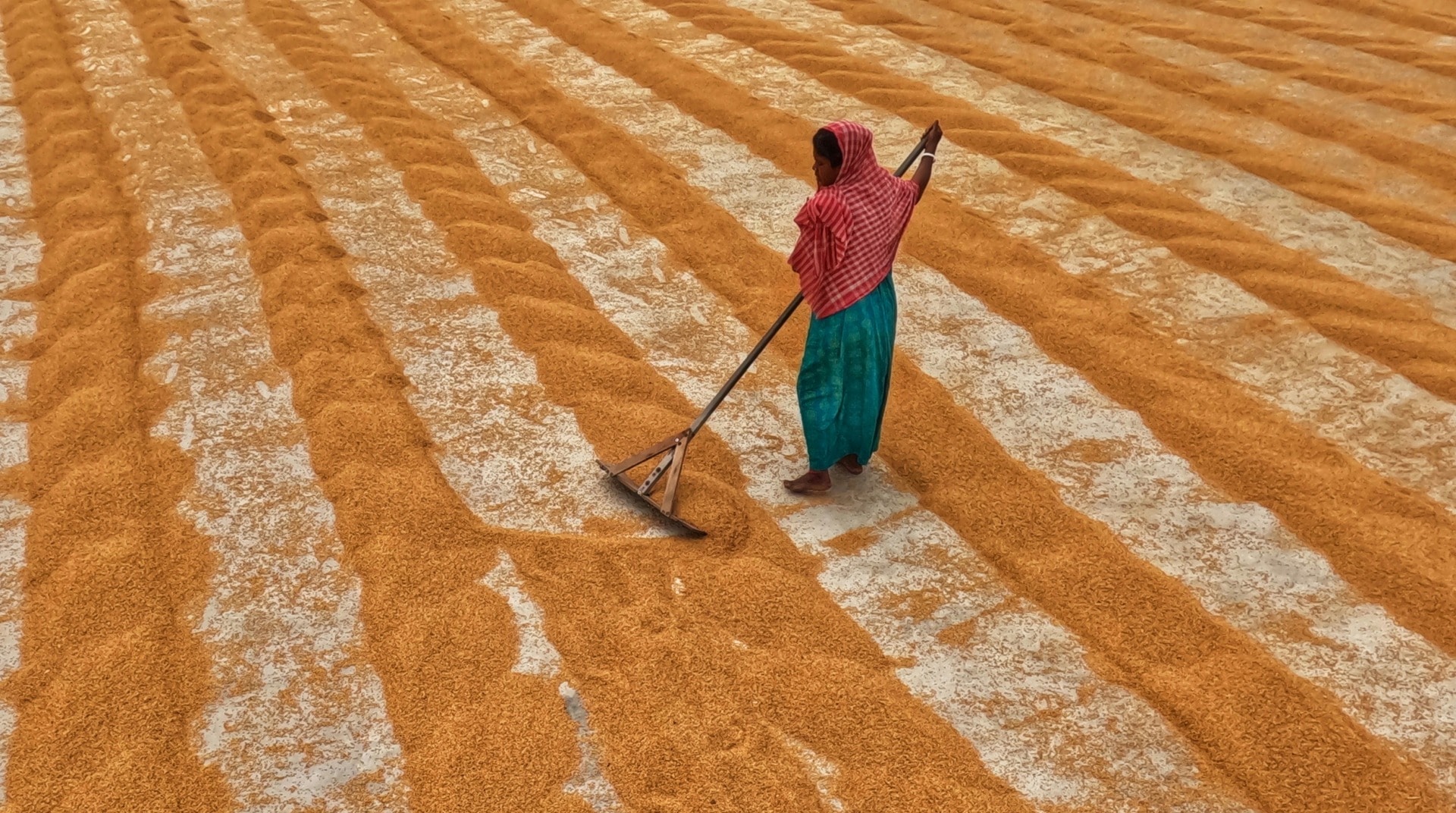Weather events, which can be directly linked to climate change, have created both financial and human disasters across the world in 2021. A new study released by Christian Aid has identified 10 extreme weather events that have each caused over $1.5bn of damage and some much more than that, up to $65bn. Whilst the events with the biggest financial costs have come from developed countries, namely the U.S. and Europe, the human costs of these events in developing countries are far greater.
Hurricane Ida: The costliest climate change event
The report found that Hurricane Ida was the most costly financially. In late August and early September, the Category 4 hurricane hit several parts of the United States. It is the fifth strongest hurricane to make landfall in the country. One million people were left without electricity in Louisiana and in one of the city’s parishes, 75% of the houses were destroyed.
But the impact was more wide-spread than this. Ida also caused flash floods in many Northeast states, including Delaware, Pennsylvania, New Jersey, and New York.
The Christian Aid study states that in total, “Ida caused 95 casualties and damages amounting to $65 billion.” The report adds that “the US is the largest cumulative greenhouse gas emitter and thus the country that has contributed the most to global warming.” Biden’s administration has been attempting to regain America’s credibility where climate change is concerned, following Donald Trump’s decision to withdraw the US from the Paris climate agreement. Biden acknowledged the US’s previous position on climate change, stating that his “administration is working overtime to show [their] commitment is action not words”.
So far, the Biden administration launching the auction of 80 million acres of the Gulf of Mexico for fossil fuel extraction that environmentalists are calling “risky” and “damaging”, has not been a promising start.
Europe’s Flash Flooding
The second most financially costly weather disaster was the widespread flooding across France, Germany, and other European countries in July. Extreme rainfall hit parts of Western Europe from 12-15 July, with some regions around the Ahr and Erft rivers in Germany. experiencing more than 90mm of rainfall over a single day. The resulting floods killed at least 240 people and caused widespread damage, with economic losses estimated at more than $43 billion.
German leaders joined a memorial service for the victims of July's catastrophic floods, admitting the disaster took the country by surprise.
The events are evidence that Germany must do its utmost to fight climate change, said President Steinmeier: https://t.co/tmnWh2ktOM pic.twitter.com/2ctJhowP7m
— DW News (@dwnews) August 28, 2021
A study by World Weather Attribution concluded that climate change made extreme rainfall events similar to those that led to the floods in Germany, Belgium, the Netherlands and Luxembourg between 1.2 and 9 times more likely to happen, and that such downpours in the region are now 3-19% heavier because of human-caused warming.
Related Articles: UK Environmental Agency Says ‘Adapt or Die’ Ahead of COP26 | US Experiences First Hurricane of the Year: Another Katrina?
Human Connection to Extreme Weather Events is Clear
In August, the Intergovernmental Panel on Climate Change (IPCC) published the first part of its sixth assessment report. The authors said they had “high confidence” that the evidence of human influence has strengthened.
Developing countries have been financially preparing to “adapt” to these new extreme weather events. For instance, the UK’s Environmental Agency published a report that sets out several ways in which the Environmental Agency will work to prepare for the impacts of climate change. This includes a £5.2 billion programme of new flood and coastal defences over the next 6 years.
Developing countries are more at risk from climate change
In the Chrtistian Aid study, the majority of the weather events in the list occurred in developed countries. However, this does not mean that developing countries are not suffering. It is more feasible to estimate financial losses from insurance claims and these are usually available in richer countries, where people can afford to insure their homes and businesses.
https://twitter.com/proindio/status/1475605037564977158
According to insurance company Aon, 2021 is likely to be the fourth time in five years that global natural catastrophes have cost more than $100bn.
The report also looks at five events which, while carrying a lower financial cost, brought devastating human impacts. For example, the drought in Africa and Latin America, floods in South Sudan which displaced over 800,000 people and Cyclone Tauktae which hit India and caused 200,000 to move out of their homes.
Dr Kat Kramer from Christian Aid says that the “huge human impact” of climate-linked weather disasters in developing countries, must be examined alongside the financial costs facing developed countries. It is hugely important that countries in the developed world take responsibility for the severe situations that developing countries are already facing. A long-standing promise from richer countries to smaller countries for $100bn a year in climate finance is yet to be fulfilled.
The report highlights a few key facts for thought at the end of what has been a deeply worrying year regarding climate change.
First, developed countries must realise that the environmental impacts of climate change are closer to home than they might think. Second, the human costs and suffering that developing countries face are far greater than financial costs developed countries face. Developing countries require urgent support from developed countries. Third, the link between extreme weather events and climate change is extremely clear following 2021 research. It cannot and must not be avoided by world leaders as we move into the new year and the next COP.
Editor’s Note: The opinions expressed here by Impakter.com columnists are their own, not those of Impakter.com. — In the Featured Photo: Flood Relief Chennai. Featured Photo Credit: Ramakrishna Math and Ramakrishna Mission Belur Math














